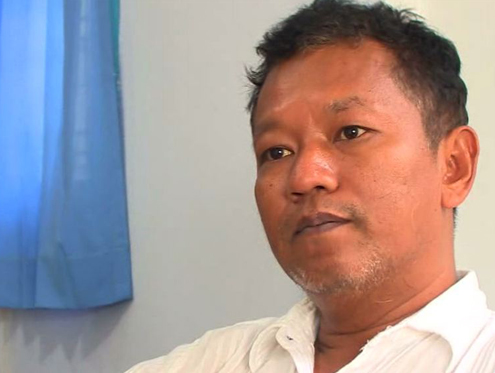I recall during the 1990 Burmese elections being unable to vote – I was in prison at that time as a political prisoner. I remember feeling frustrated as I lost my right to vote simply for participating in a peaceful demonstration. I do not wish for Burma’s political prisoners to be in that position during this year’s election, unfairly excluded from having a say in their country’s democratic future.
But with only two months until November’s long-awaited general election, time is fast running out for the Burmese government to ensure it will be free, fair, and democratic. Set to be a milestone for Burma’s burgeoning democracy, the upcoming election is an opportunity for the government to prove its commitment to reforms, which has wavered in the last couple of years.
However it is increasingly evident that the government is not interested in real democratic reform, and the election is set to take place against an increasingly dire human rights situation in Burma.
As it currently stands, while they remain behind bars, Burma’s 108 political prisoners will be excluded from participating in the election. The continued imprisonment of political prisoners and human rights defenders is simply unacceptable in a country supposedly far along the road to a democratic transition. While political prisoners exist in Burma, the election cannot be deemed democratic.
Evidencing further the government’s lack of commitment to ensuring a democratic election is the surge in the number of activists who have been arrested and imprisoned for simply attempting to exercise their basic civil and political rights in recent months. As the numbers rise, it is clear that the government is cracking down on fundamental freedoms of assembly, association and expression in the run up to November’s election.
[related]
Moreover, the government is increasingly employing a number of underhanded tactics to maximise the duration of imprisonment for political detainees – for instance, by using multiple laws in conjunction with each other to charge and sentence activists; and charging activists under multiple townships for the same offence. These strategies serve to ensure political activists will remain in prison during the election period and beyond.
The release of only 13 political prisoners at the end of July in a presidential amnesty of nearly 7,000 did little to make a real dent in the political prisoner numbers, and highlights the government’s lack of interest in addressing the political prisoner issue.
If the government is truly committed to ensuring a democratic election, it must ensure the release of all political prisoners before 8 November, so that those unjustly punished are able to exercise their right to vote. In the absence of their inclusion, the credibility of Burma’s election will be severely weakened.
Bo Kyi is a former political prisoner, and co-founder and joint secretary of the Assistance Association for Political Prisoners (Burma), also known as AAPP. Follow AAPP on Twitter at: @aapp_burma
The views and opinions expressed in this article are the author’s and do not reflect DVB editorial policy.



